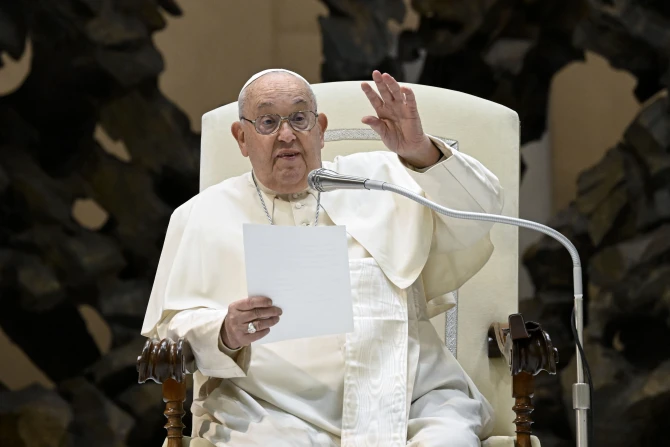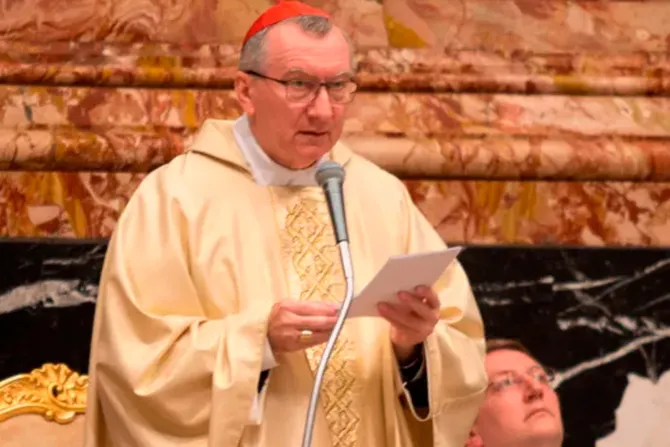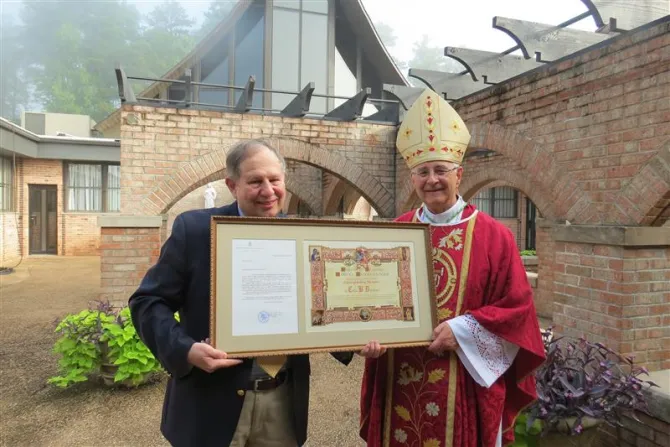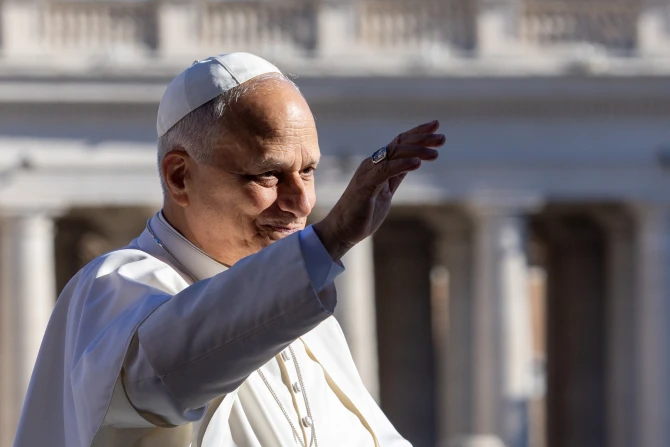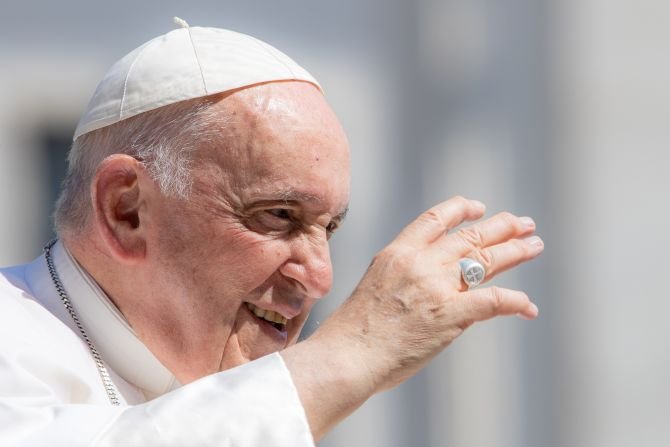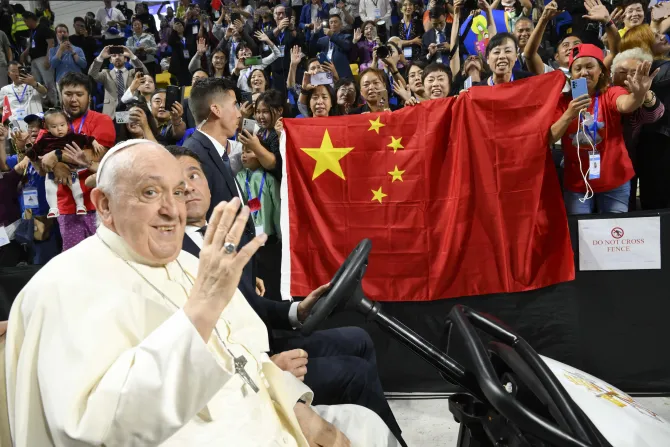At the height of World War II, as the Allies coordinated their strategy, British Prime Minister Winston Churchill suggested involving the pope in peace negotiations. The proposal drew a mocking response from Soviet dictator Joseph Stalin: “The pope? How many divisions does the pope have?”
Decades later, the Soviet empire collapsed — aided, in part, by papal diplomacy. Today, the Holy See’s diplomatic service remains a unique force in international relations.
“The popes have been calling for peace on an international platform since at least the beginning of the 20th century,” EWTN Senior Vatican Analyst Francis X. Rocca said. “Pope Benedict XV tried and failed to bring a negotiated end to the first World War. Half a century later, St. Paul VI went to the United Nations and famously called for ‘no more war.’ His successors have followed suit.”
Modern papal diplomacy
Pope Francis’ diplomatic initiatives extend beyond his weekly appeals for peace from St. Peter’s Square. In 2024, he addressed the G7 summit in Italy, calling for new ethical guidelines to govern artificial intelligence development. Rocca noted that Francis’ distinctive contribution has been “to link military conflict to social justice questions and particularly the environment.”
The pope’s diplomatic engagement spans multiple fronts. At his annual meeting with the diplomatic corps in 2023, he advocated for human dignity and condemned surrogacy as “deplorable.”
“The path to peace calls for respect for life, for every human life, starting with the life of the unborn child in the mother’s womb,” Francis declared, describing surrogacy as “a grave violation of the dignity of the woman and the child, based on the exploitation of situations of the mother’s material needs.”
Behind-the-scenes diplomacy
The Vatican’s diplomatic influence operates through both public statements and private channels.
“The Holy See’s great advantage as a diplomatic actor is that it is neutral, sovereign but not aligned, allowing it to communicate with different sides in a conflict,” Rocca explained. He pointed to Pope Francis’ instrumental role in facilitating the 2014 rapprochement between the United States and Cuba as a notable success.
With diplomatic relations spanning more than 180 sovereign states, the Holy See maintains one of the world’s most extensive diplomatic networks. However, some challenges have tested even papal diplomacy’s limits.
The China challenge
“One of the biggest diplomatic challenges that Pope Francis has faced has been the Vatican’s dialogue with China,” said Courtney Mares, CNA Rome correspondent. The relationship has been particularly complex since 2013 when Francis’ papacy began concurrently with Xi Jinping’s rise to power.
The Catholic Church in China was long divided between the underground Church loyal to Rome and the government-sanctioned Catholic Association. In 2018, the Vatican signed a provisional agreement with Beijing regarding bishop appointments, though the process was not smooth.
“Almost immediately after this agreement was signed, there were reports of increased persecution of the underground Catholic community,” Mares noted. Despite concerns over human rights violations and breaches of the agreement, the Vatican renewed it in 2024 for another four years.
Navigating modern conflicts
The pope’s approach to current conflicts has drawn both praise and criticism. In the Gaza war, his calls for a ceasefire and hostage release, combined with criticism of Israel, have sparked controversy. Similarly, his stance on Ukraine has sometimes frustrated Catholic leadership there, notably when he appeared reluctant to directly condemn Russian aggression.
Andrea Riccardi, founder of the Community of Sant’Egidio, which partners with the Vatican on humanitarian issues, emphasized Francis’ genuine commitment to peace. The pope has backed words with action, dispatching Cardinal Matteo Zuppi on peace missions to Kyiv, Moscow, Washington, and Beijing to address peace initiatives and humanitarian concerns.
“The risk is that we become desensitized to war,” Riccardi warned, comparing the pope’s persistent peace advocacy to “the rooster crowing and awakening Peter: Humanity has become like Peter, enslaved to violence, accustomed to violence.”
As this modern “rooster,” Pope Francis continues to echo his message in his 2020 encyclical Fratelli Tutti: “Every war leaves our world worse than it was before. War is a failure of politics and of humanity, a shameful capitulation, a stinging defeat before the forces of evil.”

